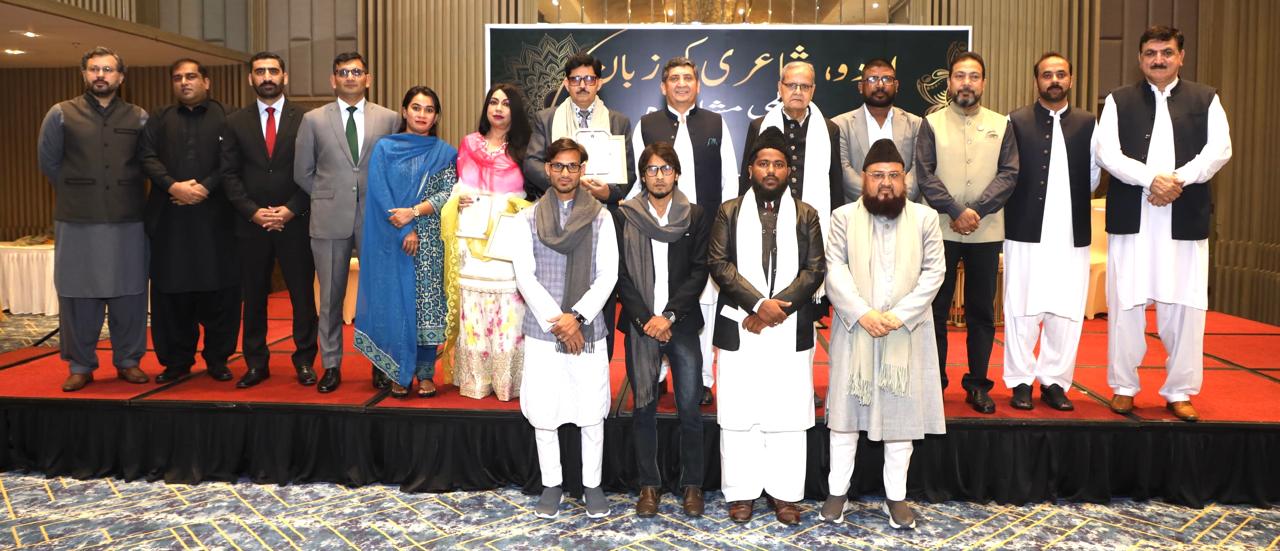KATHMANDU, Jan 16: British Council Nepal hosted its 2nd Annual Education Symposium on Monday with the theme of teachers' professional development.
The event aimed at bringing together policy makers, planners, administrators, head teachers, teachers, researchers, NGOs, private sector and development partners to share their perspectives and hold discussion on issues around teacher development in Nepal.
Govt moves to resolve teachers’ concern, prepares to bring them...

British Council also launched the fourth phase of the Connecting Classrooms Project in Nepal. Speaking at the launching ceremony, Education Secretary Khaga Raj Baral said that as Nepal has adopted federalism, leadership has been transferred to provincial and local level leaders making them directly responsible for providing Teachers' Professional Development Training to their core implementation school areas. “The central authorities will continuously function to formulate laws and policies and provide continuous support and resources to local level leaders. This practice will help in addressing the local needs as well,” he said.
Addressing the program, British Ambassador to Nepal, Richard Morris said that the professional development of teachers is a top priority of the School Sector Development Program, which not only talks about face-to-face training but also highlights the importance of mentoring from senior teachers, action researchers- another blended form of professional development. “This is a subject that matters to the future of the entire country. So, this is a conference that really matters, and where the deliberations can make things better, not only for individual young people, but also for the country as a whole,” he said.
The main aim of the event was to create a platform for British Council and other education stakeholders to present evidence from researches and projects related to the professional development of teachers in schools. The event also discussed the issues and challenges around continuing professional development of teachers in Nepal and South Asia.





































